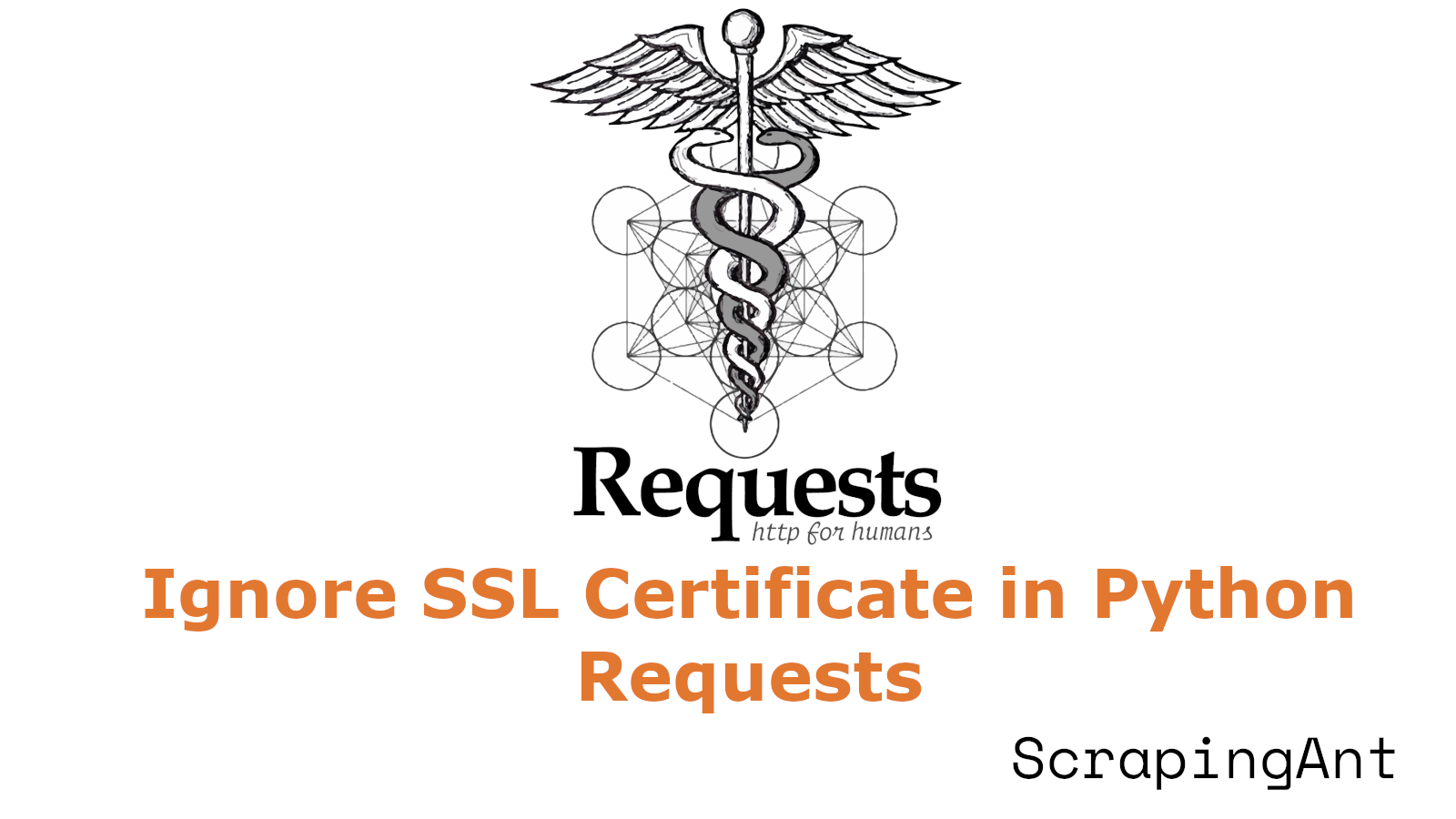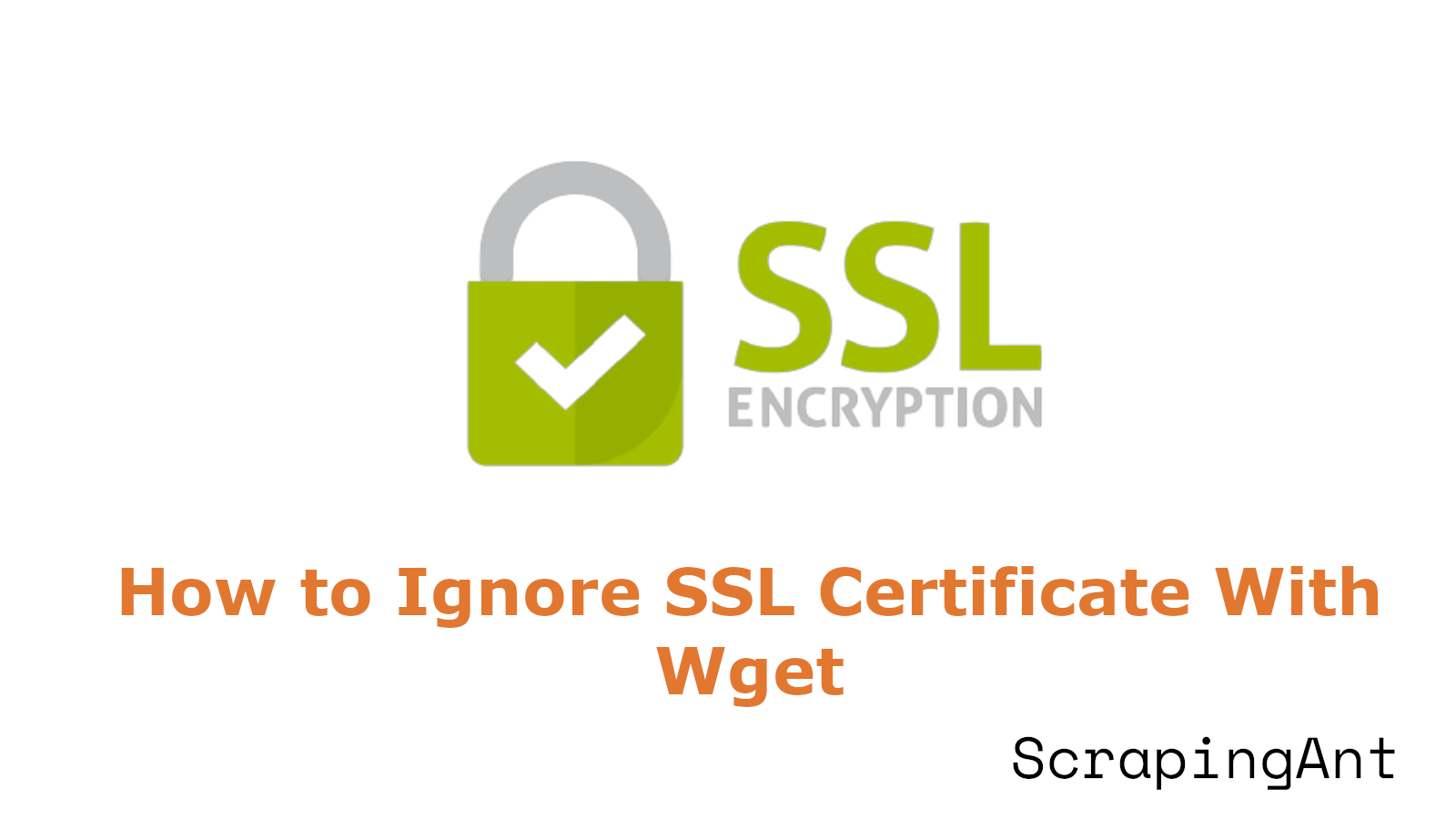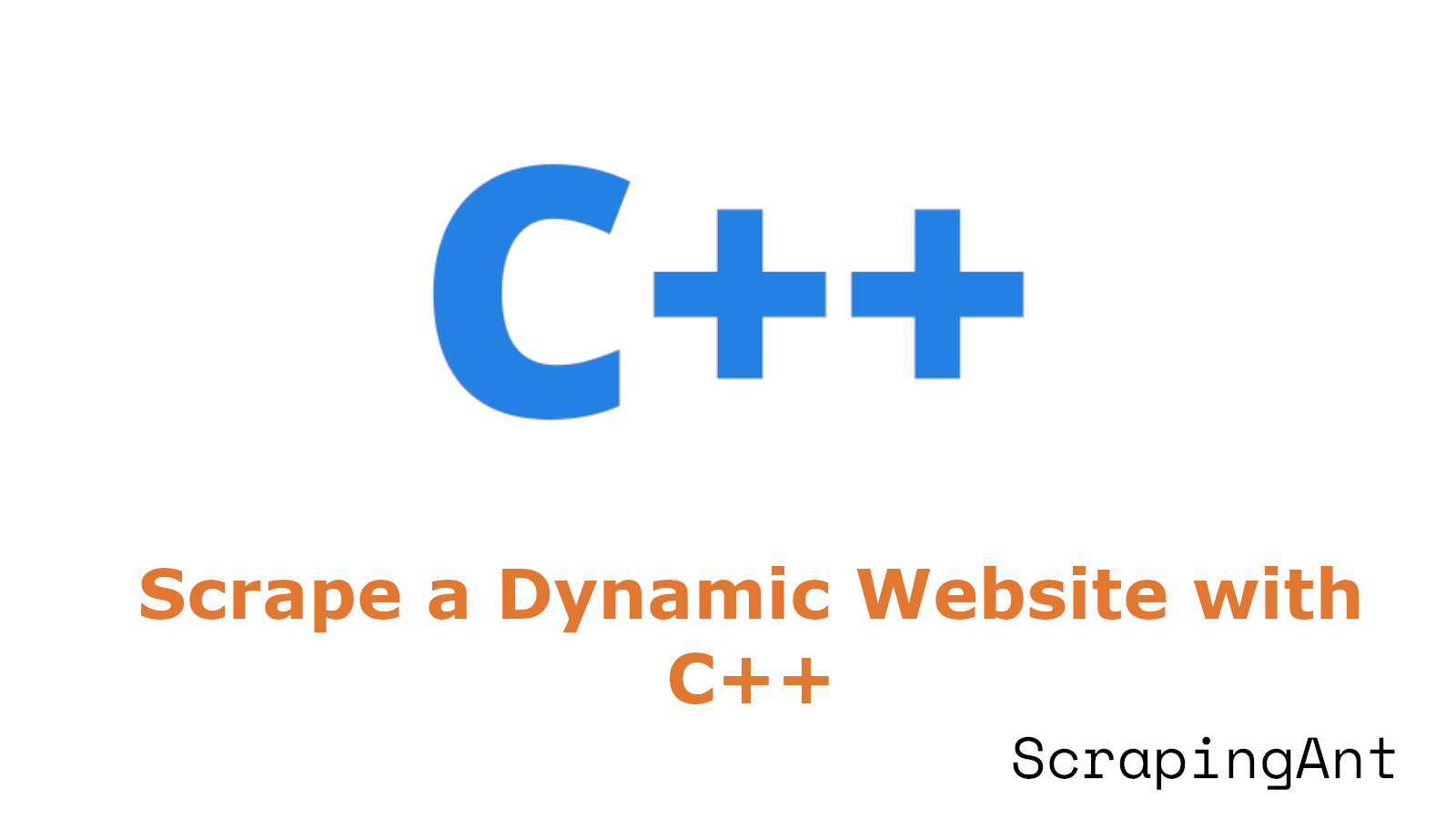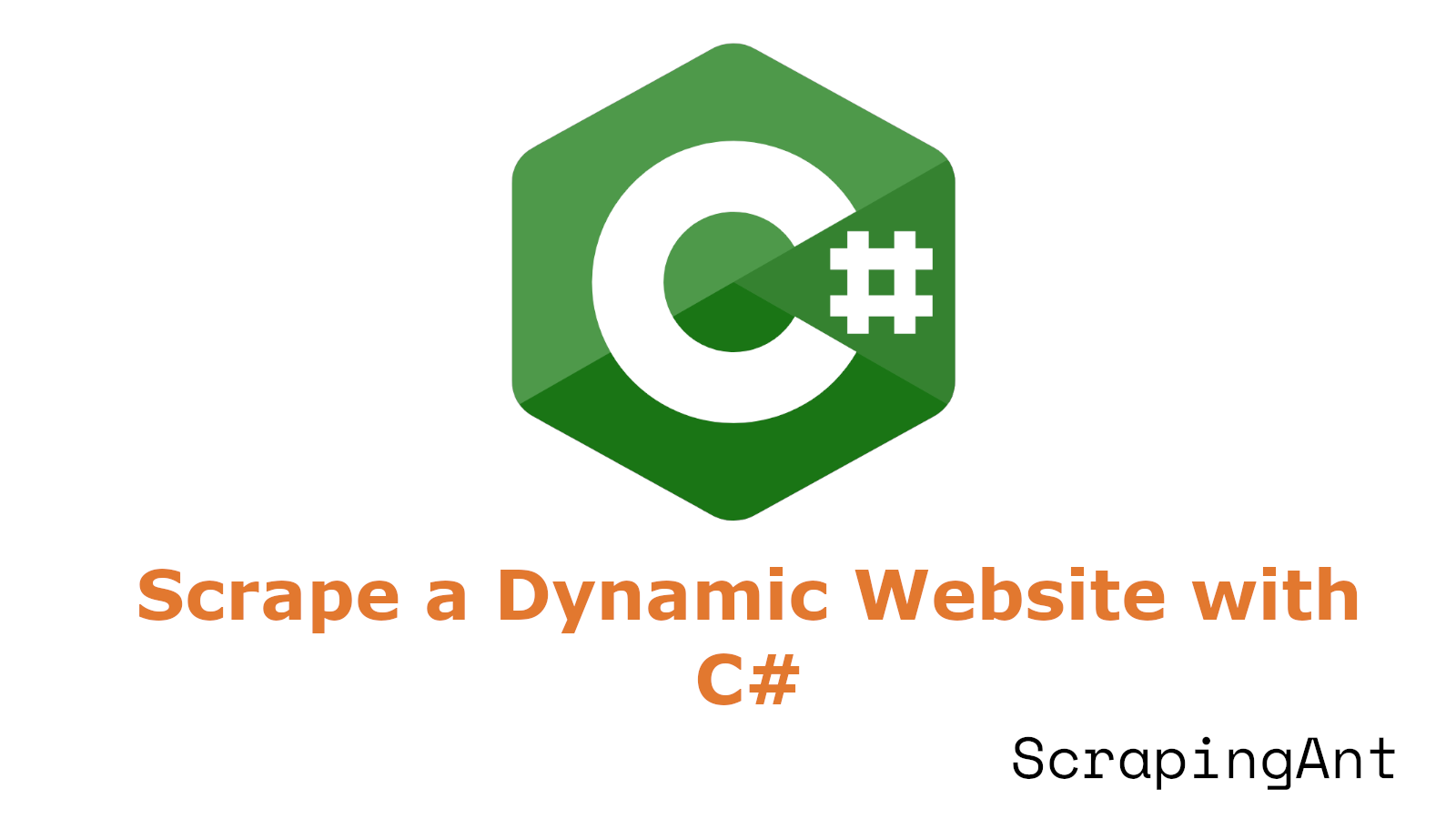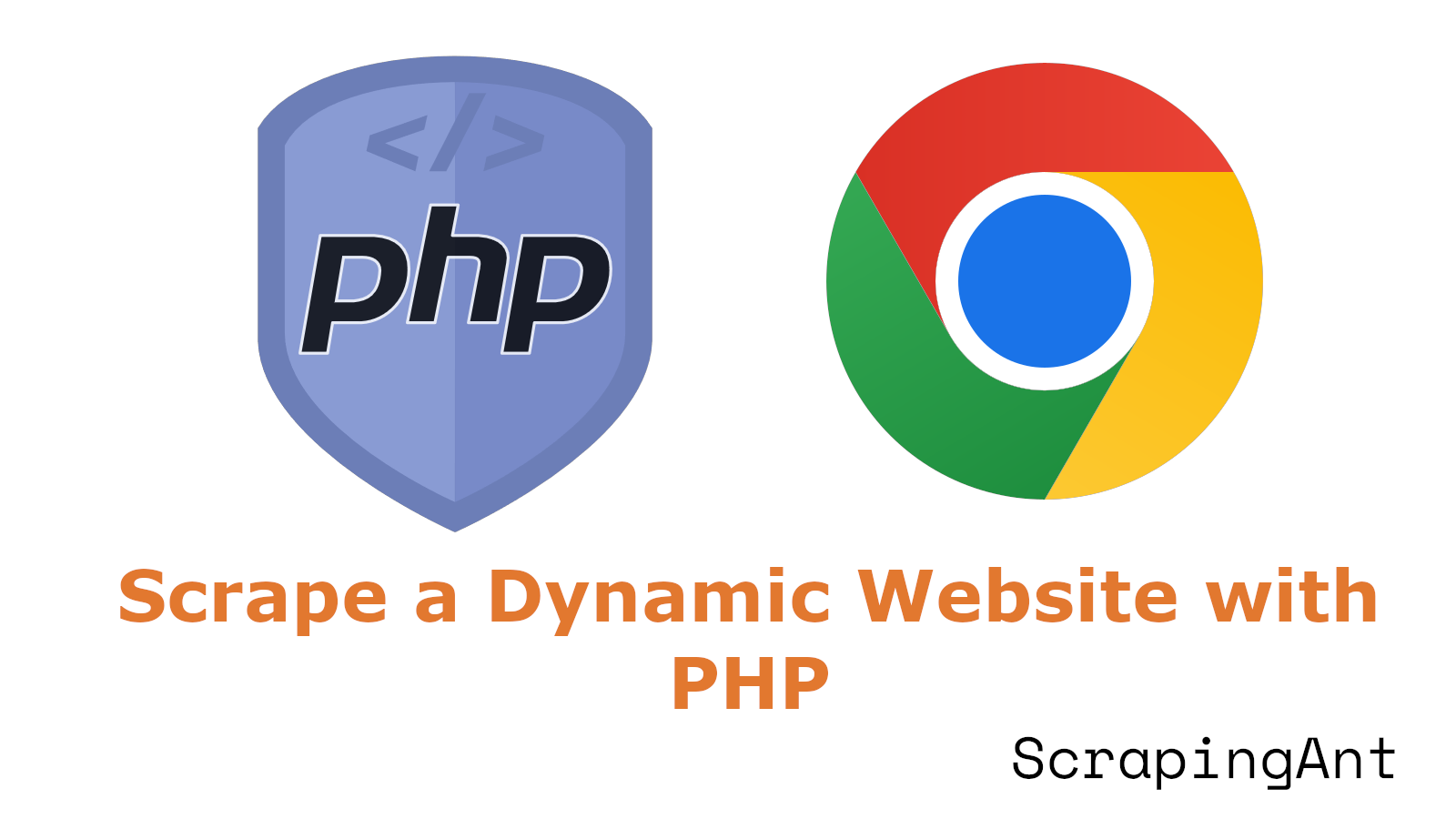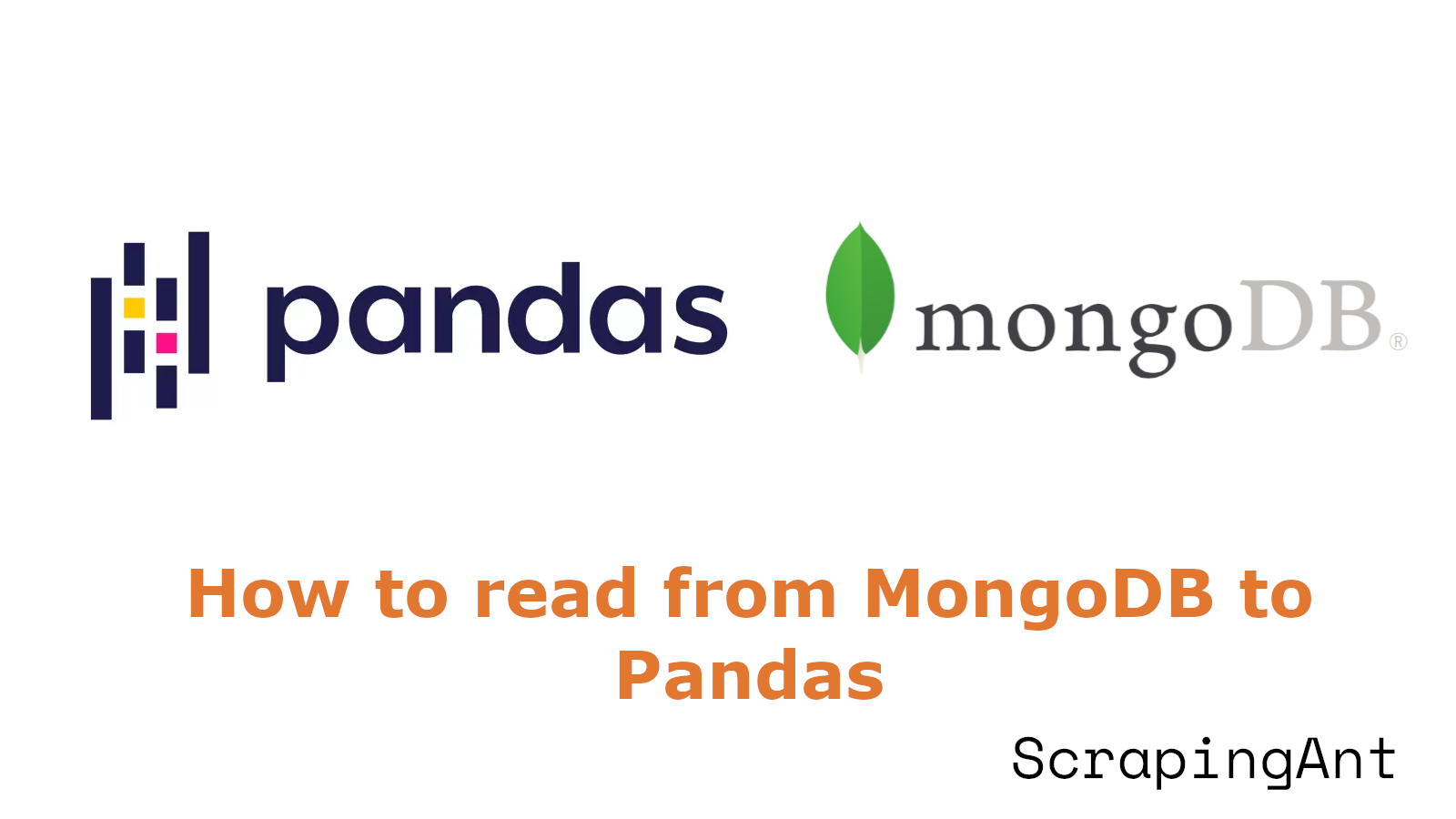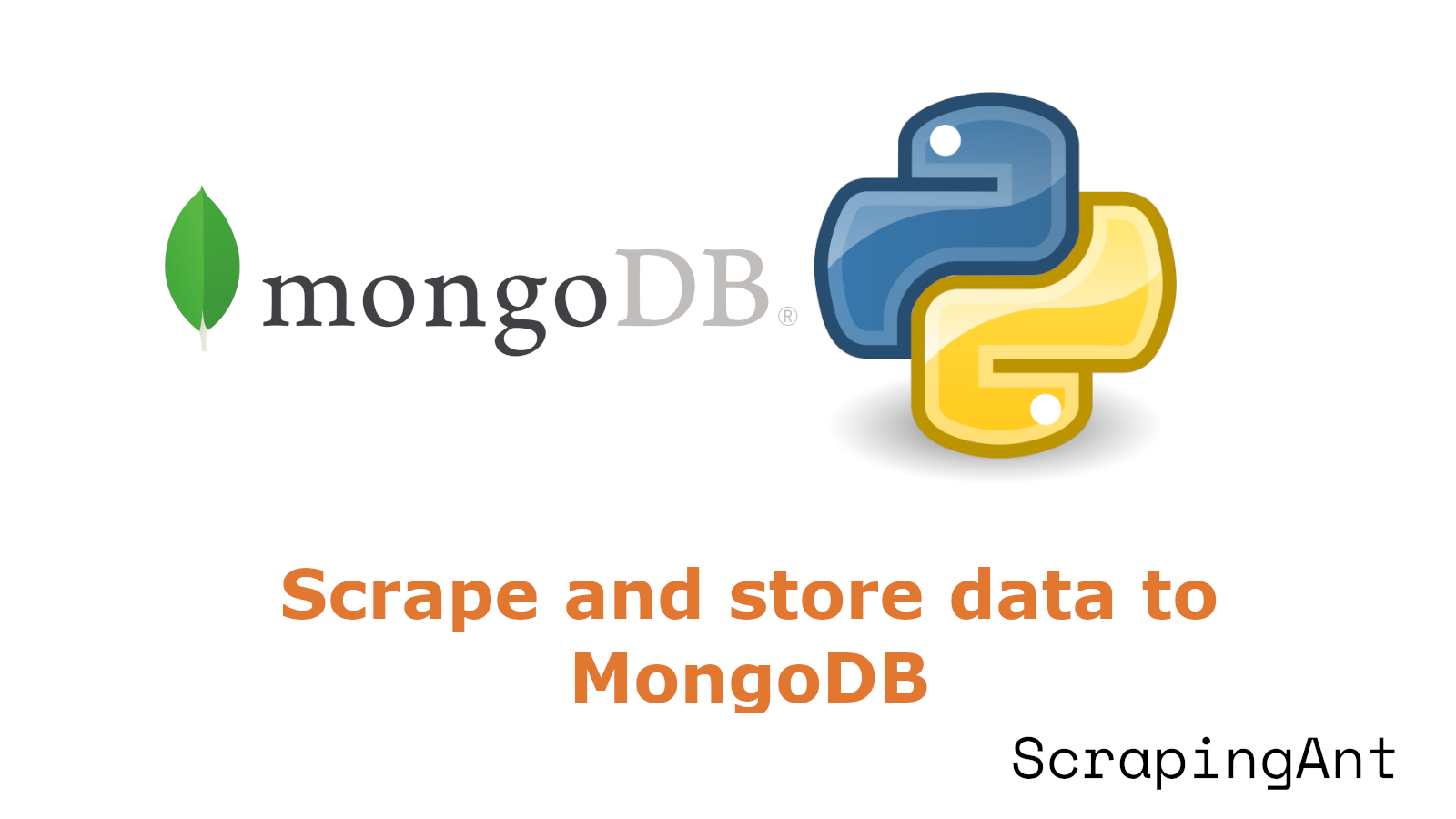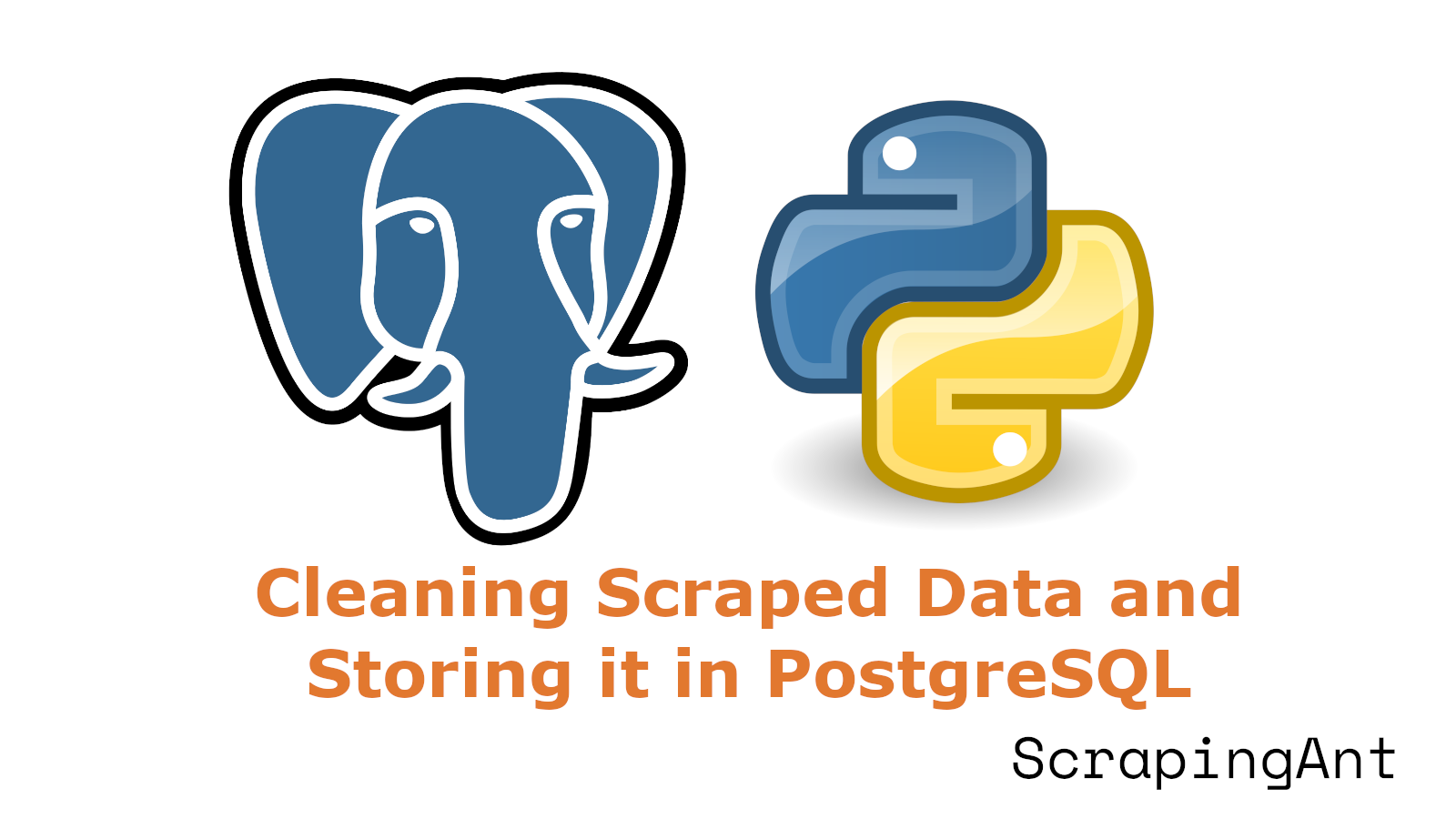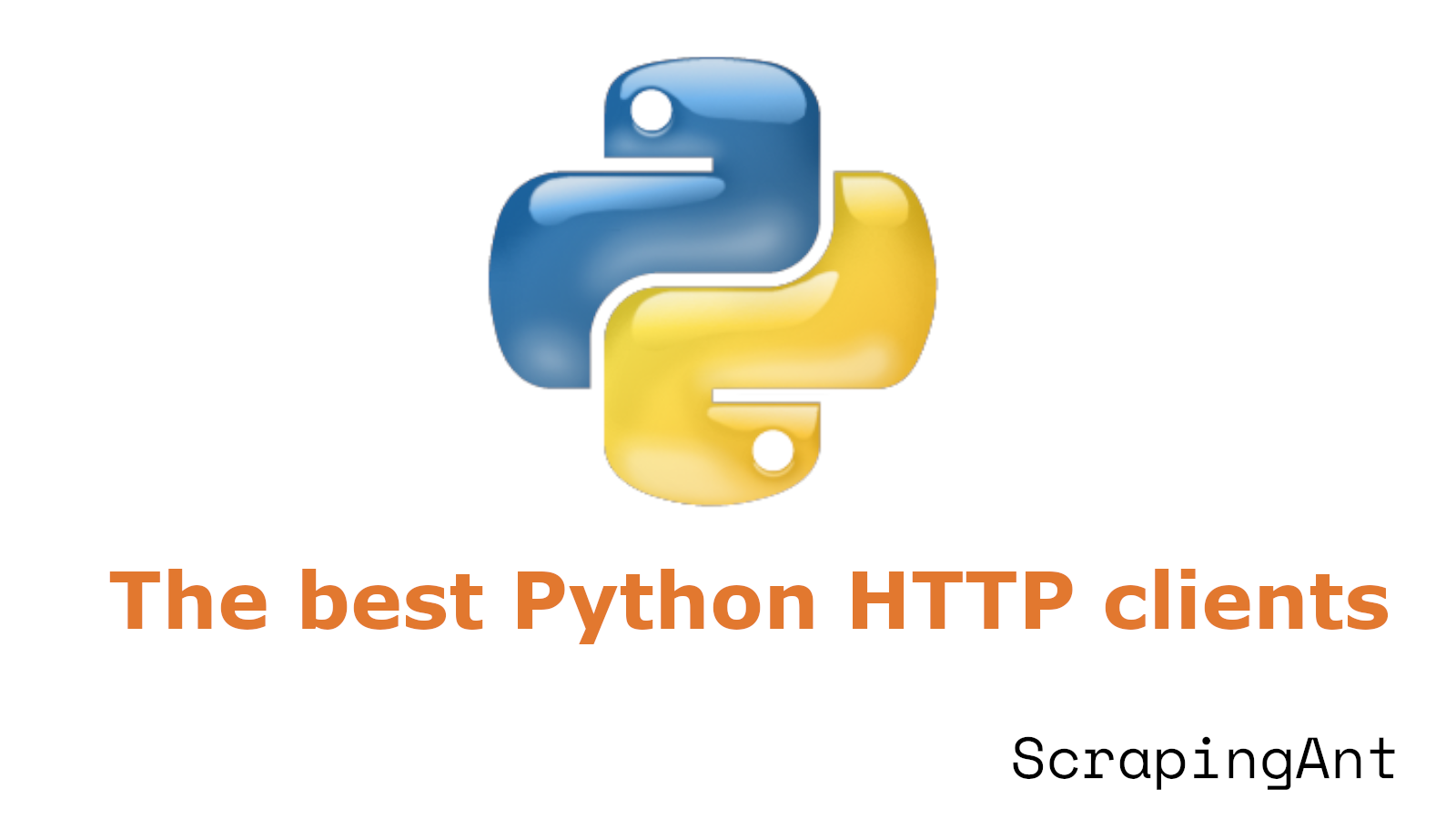
Python has emerged as a dominant language due to its simplicity and versatility. One crucial aspect of web development and scraping is making HTTP requests, and Python offers a rich ecosystem of libraries tailored for this purpose.
This report delves into the best Python HTTP clients, exploring their unique features and use cases. From the ubiquitous Requests library, known for its simplicity and ease of use, to the modern and asynchronous HTTPX, which supports the latest protocols like HTTP/2 and WebSockets, there is a tool for every need. Additionally, libraries like aiohttp offer versatile async capabilities, making them ideal for real-time data scraping tasks.
For those requiring low-level control, urllib3 stands out with its robust and flexible features. On the other hand, Uplink provides a declarative approach to API interactions, while GRequests combines the simplicity of Requests with the power of Gevent's asynchronous capabilities. This report also highlights best practices for making HTTP requests and provides a comprehensive guide to efficient web scraping using HTTPX and ScrapingAnt. By understanding the strengths and weaknesses of each library, developers can make informed decisions and choose the best tool for their web scraping and development tasks.
